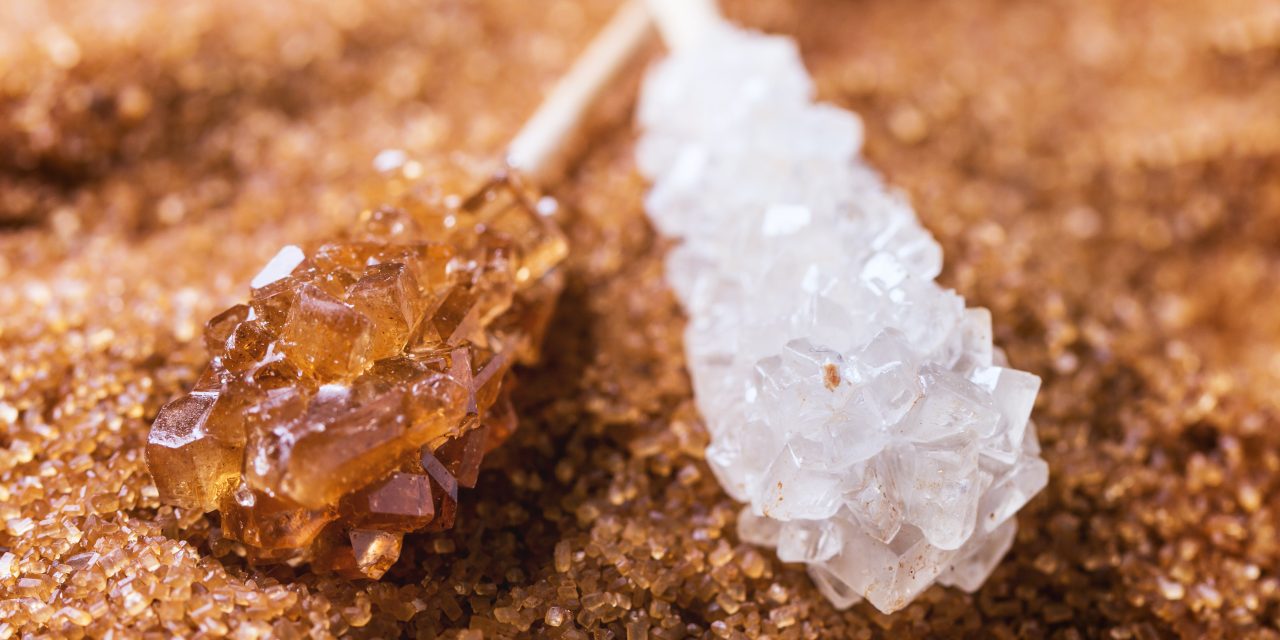
Sugar and Its Alternatives

Sugar and Spice and Everything Nice
Recently I gave up sugar. Now, this was not done easily because I love sugar, preferably raw sugar used as a sweetener. So, the challenge became what to use instead of sugar. Some of you know that after graduate school I worked in research for a short period of time before I went to National. During that time I was the necropsy supervisor for the original Aspartame (NutraSweet) study. As you might guess, if you haven’t heard one of my lectures, I refuse to even smell aspartame let alone use it. Since that time numerous studies have been done linking it to MS, weight gain, cancer, and the list go on.
Somewhat new on the scene is Splenda (sucralose) which is synthesized in the laboratory using selective chlorination of sucrose in which three of the hydroxyl groups are replaced with chlorine atoms to produce sucralose – something akin to a pesticide. So, it isn’t really that “natural” is it? Studies conducted at Duke University found that sucralose reduces the amount of beneficial bacteria in the gut by acidifying the colon. Since chronic conditions are facilitated by acidifying the body many of our therapies are directed at alkalinizing the body.
So, here is what I found – Iced tea and other liquids are easily sweetened with Agave which is nectar from a cactus. Xylitol appears very much like common table sugar and it is derived from birch bark. You may have already noticed that xylitol is frequently used in toothpaste as it reduces the risk of cavities. Xylitol has no after taste and is very effective in sweetening that cup or two of coffee in the morning.
Stevia is a common sweetener and books have been written on its use. Stevia is derived from a leaf and is much sweeter than sugar, but it has an after taste. Honey is a good alternative but it should be used sparingly as it can throw off your insulin levels. Also, for best results, honey should be purchased from a local farmer who tends their own bee hives as honey derived from local flowers will help minimize your reaction to local antigens.
Besides being better for me I have also lost approximately thirty pounds. Agave and stevia can usually be found in your local grocery store and xylitol can be found in your local health food store. There are some things for which I will continue to use sugar – like my homemade elderberry wine and I will continue to use local honey for making an elderberry cough syrup.


















